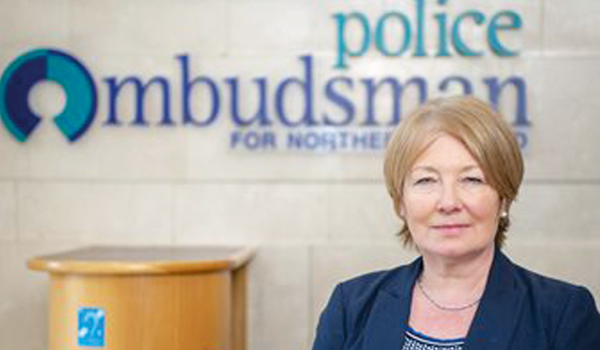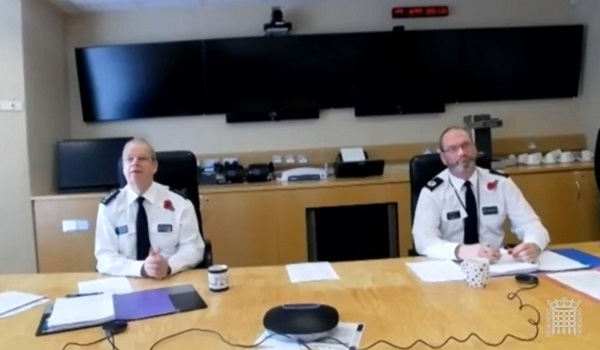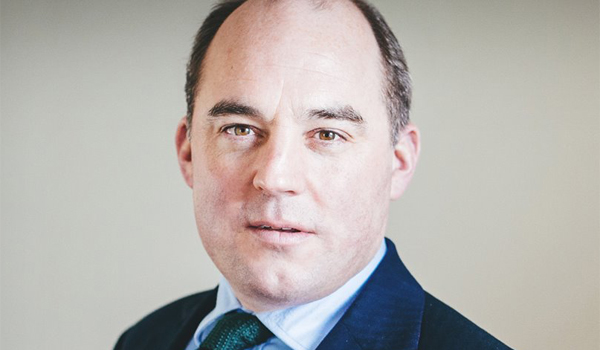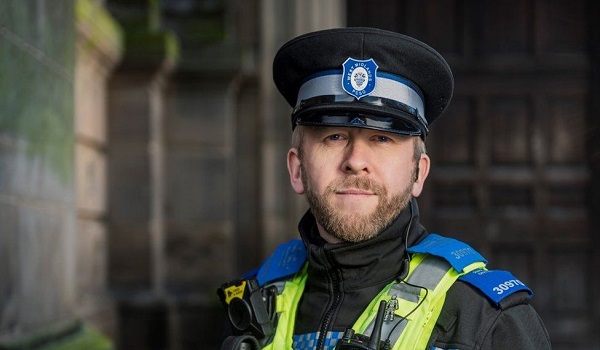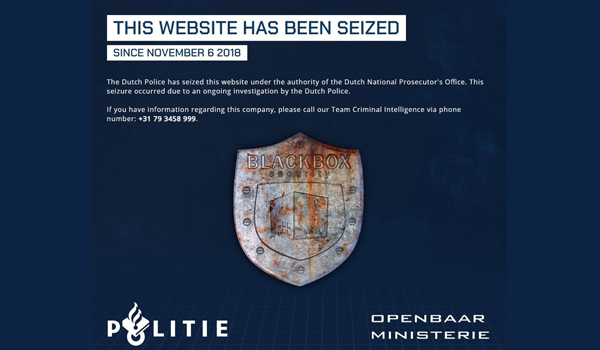PSNI reaches agreement on information sharing with Police Ombudsman
The Police Service of Northern Ireland (PSNI) has signed a new agreement on information sharing with the Police Ombudsman’s Office.
It comes after disclosure shortcomings were uncovered during an investigation into the mass shootings at a bookmakers in south Belfast in 1992.
Police Ombudsman Marie Anderson believes the agreement will “allow for better searching for and sharing of this information”.
The inquiry into the shootings at the Sean Graham bookmakers shop on the Ormeau Road, in which five people were killed by loyalist paramilitaries, found that “significant, sensitive information” was not made available to investigators by the PSNI.
Ms Anderson said: “I know that providing us with information has at times been difficult for police, not least because of the vastness of the task but also the legal duty on all of us to protect the most sensitive of information.
“But the public must have confidence that police provide my office with all the information it asks for.
“Both the chief constable and I agree such disclosure is central to confidence in both our organisations.”
She said the agreement comes after months of detailed discussion between the two organisations over the procedures involved.
Since her appointment last year, Ms Anderson, who had previously established and managed the Information Commissioner’s Office in Northern Ireland, said she wanted to develop the process to ensure her investigators had the best access to material.
“From the beginning I wanted to become more directly involved and get a detailed understanding of how police search their vast estate for material. I soon came to the realisation that my investigators needed to be involved at every stage of that search on occasions,” said Ms Anderson.
In February last year, the former Ombudsman, Dr Michael Maguire, said investigators had established that the PSNI did not provide all the relevant information it held on the Sean Graham killings.
He said they “identified significant, sensitive information, some of which relates to covert policing, which is held by police but was not made available to staff investigating events during ‘the Troubles’”.
The PSNI told the Police Ombudsman’s Office that the problems came about “through a combination of human error arising from a lack of knowledge and experience and the complex challenges associated with voluminous material (some 44 million pieces of paper and microfilm records) that is stored in various places and on a range of media and on archaic IT systems”.
PSNI Chief Constable Simon Byrne said: “The signing of this memorandum of understanding comes after much hard work and commitment from staff in both the police service and the Ombudsman’s Office.
“The Ombudsman and I firmly agree that the effective disclosure of information is central to public confidence in both our organisations, particularly in relation to dealing with the past.
“I welcome this agreement and believe it will support the searching and sharing of information as well as the legal duty on all of us to protect sensitive information.”
Northern Ireland Policing Board chair Doug Garrett said the agreement was “a positive step in respect of the disclosure arrangements for material from the PSNI to the Police Ombudsman’s Office”.
He said it provides “clear parameters for both organisations to work within, particularly in respect of sensitive information”.
Mr Garrett added: “The memorandum of understanding, with its underpinning principles and protocols, will improve information sharing between the PSNI and Police Ombudsman’s Office and it is welcome that the chief constable and the Police Ombudsman have worked collectively over the last number of months to address issues identified around systems and processes.
“As the body responsible for the independent investigation of complaints against the PSNI, it is essential that investigators have access to material to allow the Police Ombudsman’s Office to do its job. This is not only fundamental to our police accountability structures, but also to maintaining and building public confidence in the work of the Ombudsman and the PSNI.”


